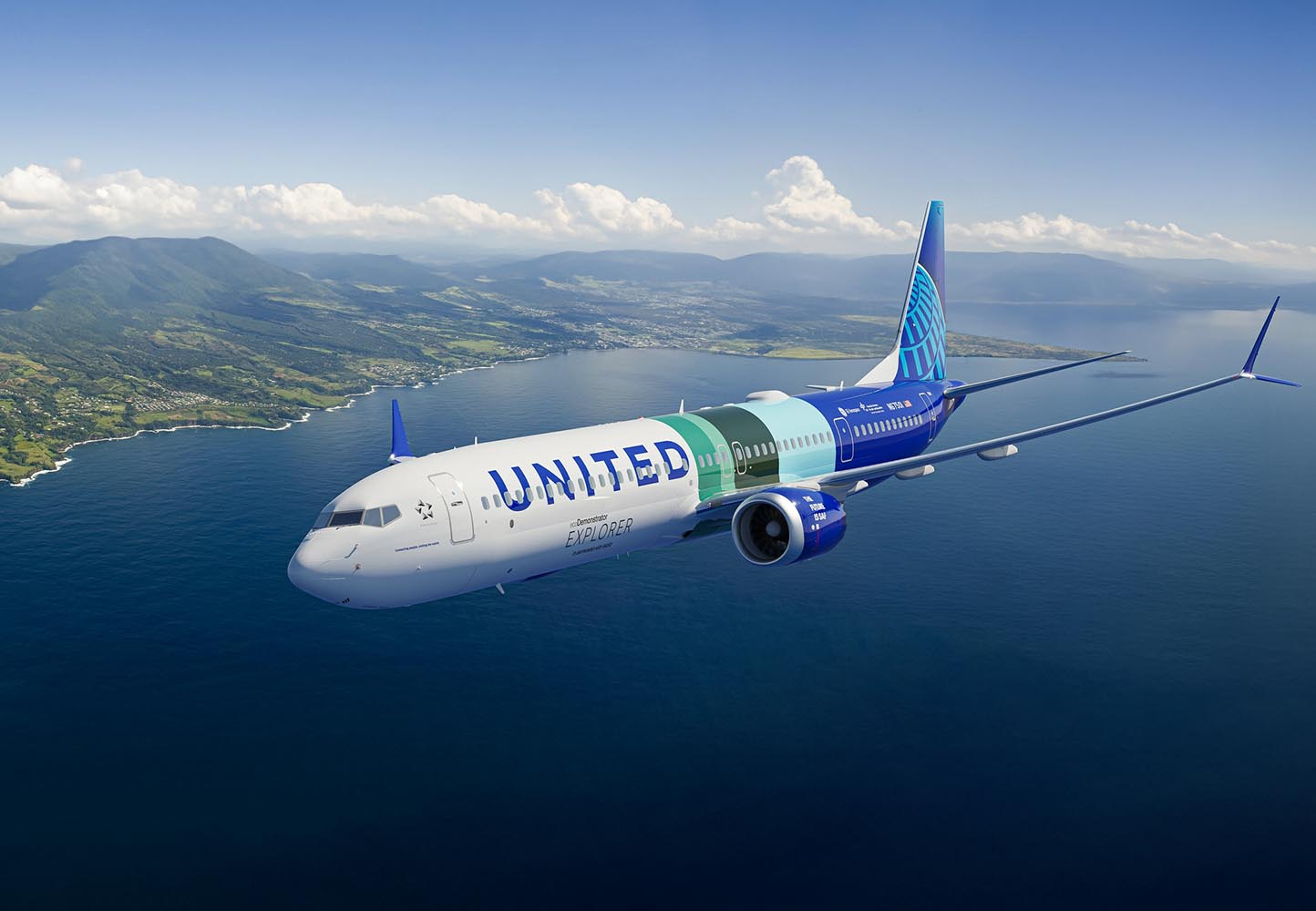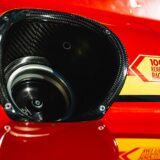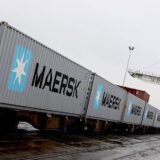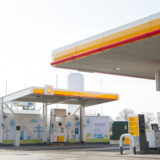
Boeing, NASA, and United Airlines test SAF’s environmental impact
Boeing, in collaboration with NASA and United Airlines, is embarking on a series of in-flight tests to evaluate the environmental impact of sustainable aviation fuel (SAF). The tests are focused on assessing the effects of SAF on contrails and non-carbon emissions.
The ecoDemonstrator Explorer, a Boeing 737-10 destined for United Airlines, is equipped with tanks containing both 100% SAF and conventional jet fuel. During the tests, the fuels will be alternated to measure the distinct emissions and contrail formations each produces. NASA’s DC-8 Airborne Science Lab, flying in the wake of the commercial jet, is tasked with collecting this crucial data.
Contrails, the visible trails of condensed water vapor produced in the wake of jet aircraft, have been a subject of environmental concern. These ice particles, formed when planes fly through cold, humid air, can potentially exacerbate atmospheric warming. The tests aim to provide insights into how SAF might mitigate this effect.
The initiative is supported by the U.S. Federal Aviation Administration, GE Aerospace, and the German Aerospace Center. World Energy, based in Paramount, California, in the United States, is supplying the SAF for these pivotal tests.
Chris Raymond, Boeing’s chief sustainability officer, expressed the company’s commitment to understanding SAF’s broader environmental benefits. Rich Wahls, NASA’s mission integration manager for the Sustainable Flight National Partnership, highlighted the complexity of flight testing and its unparalleled role in environmental research.
As the aviation industry grapples with the challenges of climate change, collaborations like these are instrumental. They not only advance our understanding of alternative fuels but also underscore the need for global standards and certifications that assure both environmental and operational safety.














